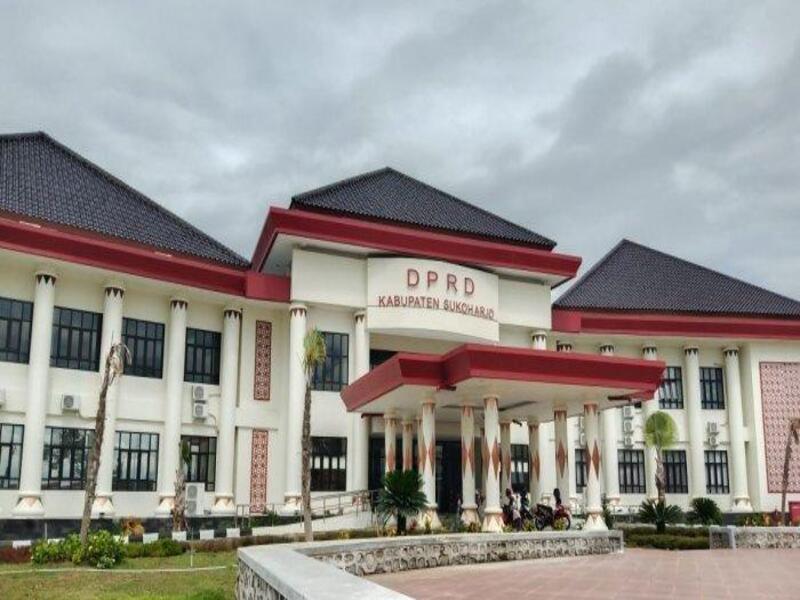
Independent Report – The Secretary-General of the Prosperous Justice Party (PKS). Habib Aboebakar Alhabsyi, emphasized that a Regional House of Representatives (DPRD) member does not measure their success solely by their daily presence at the office. The primary success lies in how well they can voice the aspirations of the people and provide protection. As well as their constituents in the electoral district.
During a technical guidance event for legislative members from the North Sumatra region (Sumbagut) in Jakarta. Aboebakar highlighted the crucial role of people’s representatives in absorbing and advocating for the interests of society. According to him, DPRD members must truly understand the needs of the people and convey them through official parliamentary forums. So that the resulting policies can provide tangible benefits.
As the Deputy Chairman of the House of Representatives’ Honorary Council (Mahkamah Kehormatan Dewan, MKD) in the Indonesian Parliament (DPR RI). He pointed out four key aspects that determine the success of DPRD members: legislation, budgeting, oversight, and representation. Every DPRD member must ensure they carry out their legislative duties by drafting policies relevant to the needs of the people. In terms of budgeting, they need to oversee and ensure that regional budget allocations genuinely reflect the interests of the people. Additionally, the oversight function must be properly executed to ensure that local government programs run according to plan. Equally important is the role of representation, which involves listening to, understanding, and sincerely advocating for the aspirations of the people.
Also Read : MK Rejects Lawsuit Over North Sumatra Election Dispute, Validates Results
Aboebakar explained from the party’s perspective that PKS DPRD members succeed when they comply with party regulations. And also establish synergy with party structures at various levels. Adherence to policies issued by the Regional Leadership Council (DPD), the Provincial Leadership Council (DPW). Every DPRD member must ensure they carry out their legislative duties by drafting policies relevant to the needs of the people. And the Central Leadership Council (DPP) is a mandatory requirement. Moreover, DPRD members must actively engage in fostering cadres and constituents to ensure the continuity of the party’s struggle.
Synergy with the party is another key factor in the success of a people’s representative. Aboebakar reminded DPRD members not to act independently in carrying out their duties. He stressed the importance of coordination with the DPD and the Branch Leadership Council (DPC) in various activities such as recess periods or regional regulation socialization. Thus, they will have a greater impact with every activity they undertake because the party’s entire structure supports them.
As a parliamentary representative from the South Kalimantan 1 electoral district, Aboebakar is optimistic that PKS legislative members. This also can maintain good communication with the public, including in the digital sphere. He encouraged them to be active on various social media platforms such as Facebook, Twitter, and Instagram to stay connected with constituents. By utilizing information technology, public aspirations can be conveyed and addressed more quickly.
Additionally, he emphasized that advocacy for cadres and constituents should be a top priority. DPRD members should not avoid their responsibilities when cadres need assistance. Such as in administrative matters related to civil registration or healthcare services. According to him, the primary duty of a legislator is to serve the people. Meaning they must always be ready to assist whenever needed by their constituents.
By effectively carrying out the functions of legislation, budgeting, oversight, and representation, and maintaining communication and synergy with the party, a DPRD member can consider themselves successful. This not only benefits the people but also strengthens the party’s position in championing the broader interests of society.
Also Read : Hijab Requirements in Islam